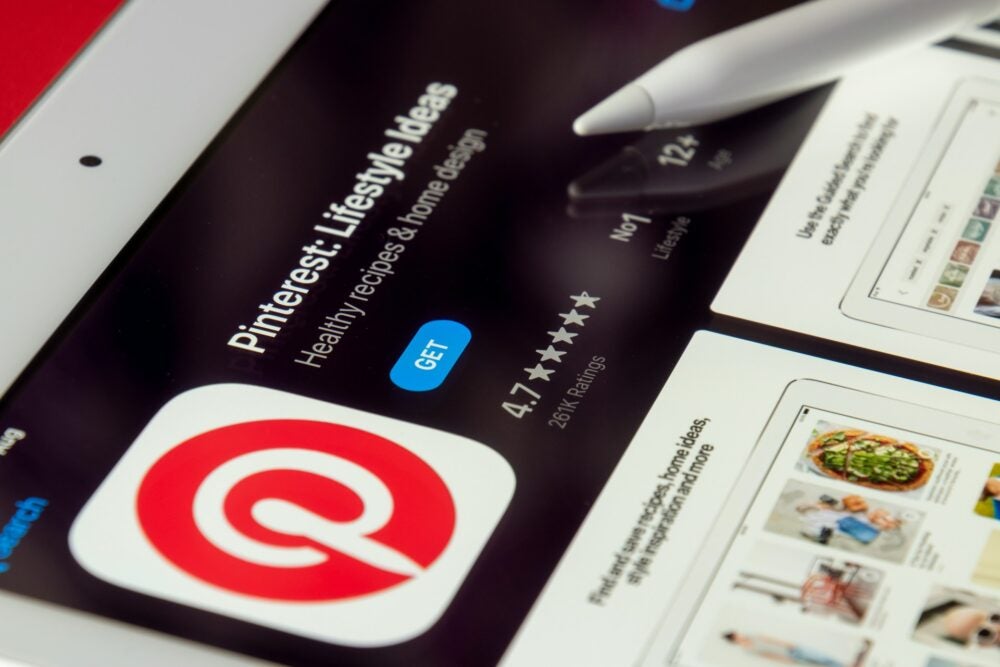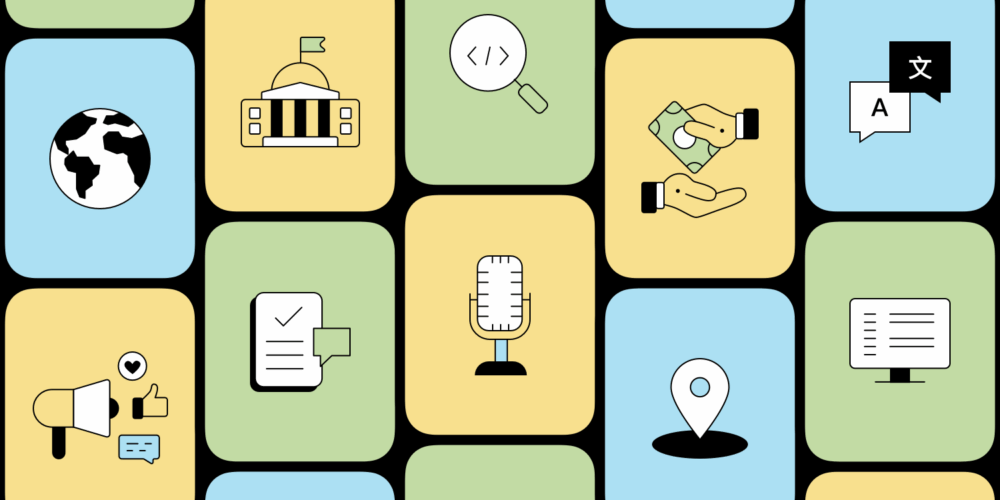Access to public data about online discourse – the reach of viral posts, the spread of information, and so much more – is essential for accountability and informed public conversations. Public data access enables independent research and investigation, informs evidence-based policymaking, and advances collective understanding about the role of online platforms in our lives.
For over a decade, stakeholders both inside and outside platform companies have debated forms of transparency from digital platforms. Thanks to transparency advocates, we have seen various transparency regimes take hold – voluntary, self-regulatory, and regulatory – requiring platforms to share information about their activities, algorithms, and processes with vetted entities including researchers, regulators, or business competitors, and sometimes with the broader public. At the same time, some organizations and individuals have extensive experience independently collecting and analyzing public platform data.
Yet the tools that once allowed researchers, journalists, and civil society to study these platforms are disappearing, undermining transparency and accountability. Platforms restrict researcher access while public data is monetized for advertisers, data brokers, and AI training. This imbalance – where companies profit but independent researchers are left in the dark – undermines transparency and weakens oversight.
KGI is focused on public access to public platform data as a means to enable any interested party to understand the relationships between online platforms and individuals, communities, and societies. Our work on public data access advances practical and policy changes that expand our ability to understand the online information ecosystem. Learn more about the Expert Working Group on Public Platform Data.






